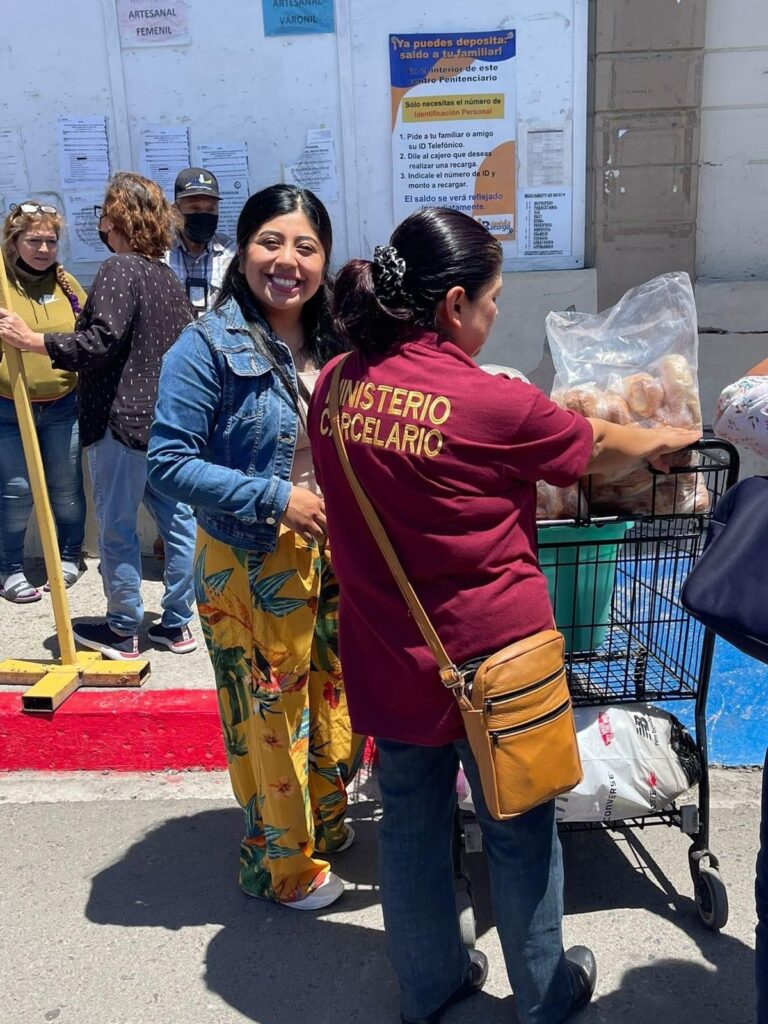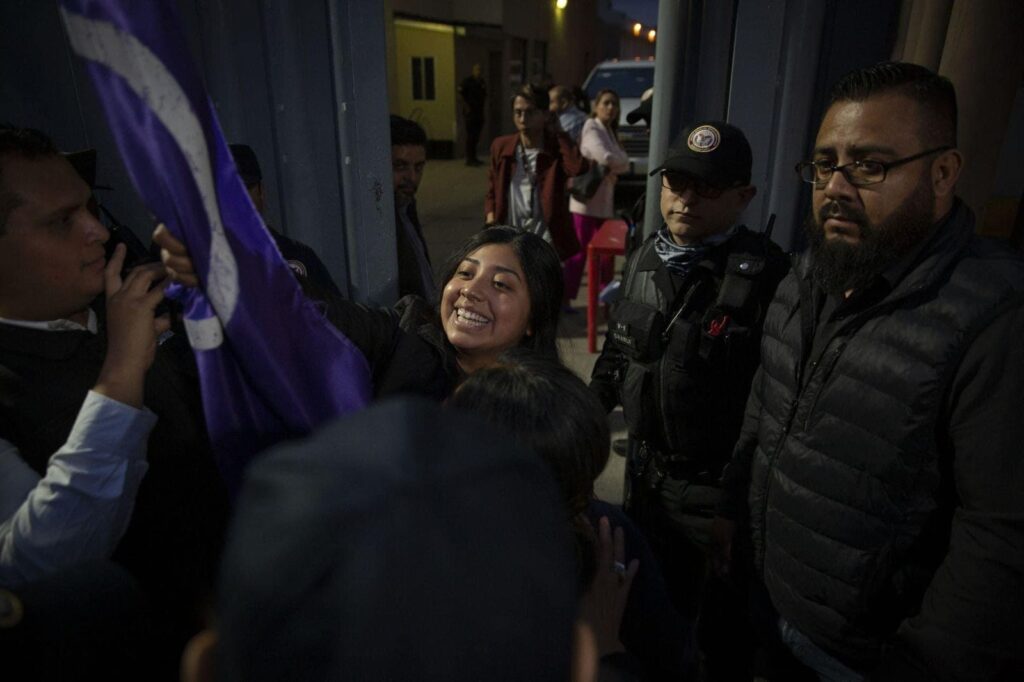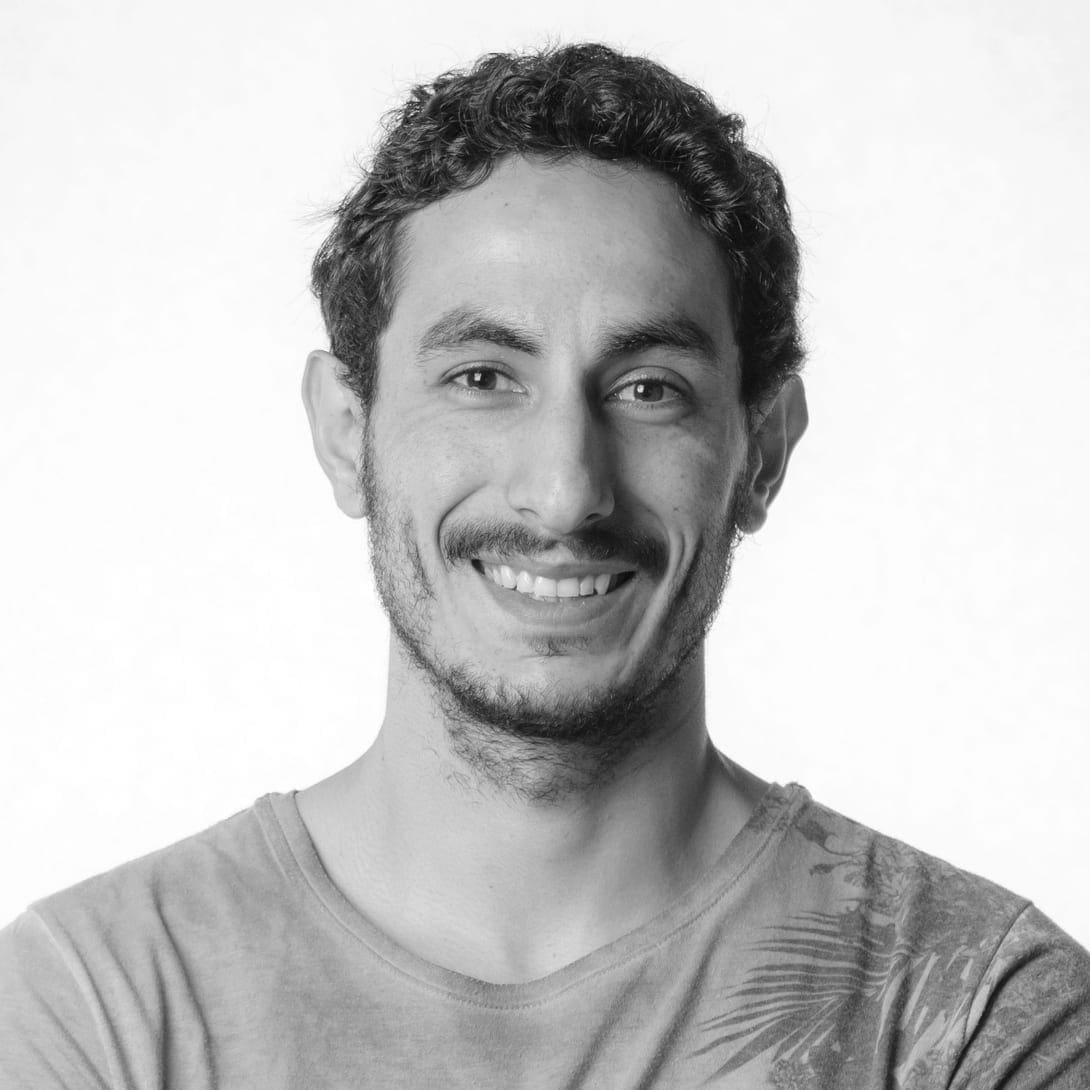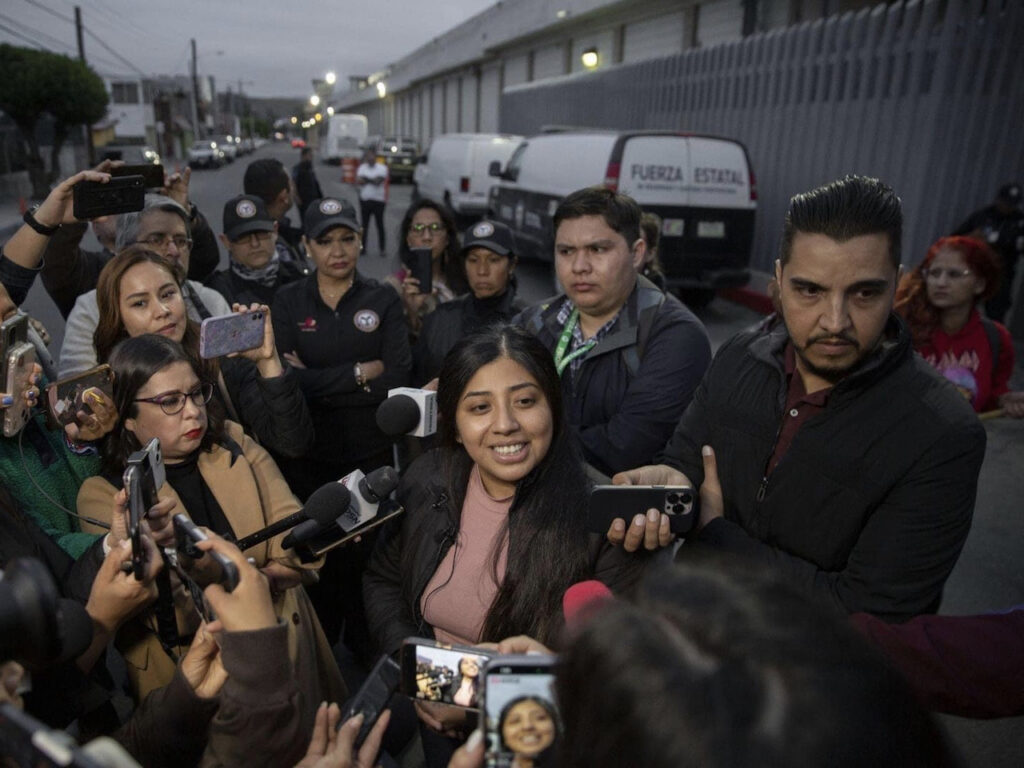Judges release woman in prison for murder: Mexico passes gender-specific self-defense law in her name
As my supervisor in the police department, he knew my schedule by heart. For weeks after I left him, he harassed me everywhere I went…I felt trapped with few options considering the entire police precinct supported him. On that fateful morning, he broke into my home with the sole intention of murdering me.
- 10 months ago
October 7, 2023

TIJUANA, Mexico — Every day when I wake up, I feel grateful to be alive. Four years ago, like so many women in similar situations, I was abandoned by a system that seemed only to protect my abuser. Early in the morning on December 12, 2019, my ex-partner nearly killed me in my own home. As my supervisor in the police department, he knew my schedule by heart.
For weeks after I left him, he harassed me everywhere I went. It felt as if he wanted me to know how easily he could find me. I felt trapped with few options considering the entire police precinct supported him. On that fateful morning, he broke into my home with the sole intention of murdering me. I defended myself that day and as a result, he lost his life. I landed behind bars for over three years. No one cared that he put my life in danger, and I fought back in self-defense.
Read more stories from Mexico at Orato World Media
As he lunged at me, I knew I would die
Leaving an abusive relationship takes an immense amount of strength. The abuse becomes a vicious circle, and I could not see the danger until it was too late. It felt so easy to make excuses for him and settle into thinking the dynamic between us was normal. It took a long time for me to realize my relationship became violent. After every blow and every nosebleed, he showered me with affection and sweet gifts. The longer we stayed together, the worse it got.
When I finally ended things with my abusive boyfriend, it felt like an immense weight lifted off my chest. Then, he broke into my house. As soon as I saw him, extreme fear consumed me. He looked drunk, high, and completely out of control. As a very large man who played rugby and worked out constantly, his body towered over mine
Holding a weapon in his hand, I knew I could not defend myself. The insults he shouted soon propelled him forward and he lunged at me. I felt every strike like a knife piercing my skin. The world spun at full speed around me. Cornered and powerless to escape, I began to scream in terror.
This man looked like an out-of-control, rabid animal pouring all his anger down upon me. Immediately, I knew he would kill me if I didn’t escape. I had one opportunity to save my life.
I reached out and grabbed my firearm, shooting once then twice. As he pushed forward, I shot him several more times until he finally collapsed. My entire body began to tremble as I climbed off the bed to call the police. “A man locked me in the house,” I said. “He was beating me to death, so I shot him,” Amidst the fear and sadness surging through my body, I began to feel a sense of relief.
As I lay in my prison cell, symptoms of post-traumatic stress swept over me
Soon after I made the emergency call, my colleagues from the police department arrived, some of whom remained friends with my ex-partner. They immediately began questioning me, piling on guilt to make me feel like a madwoman and a murderer. “Were they blind to the abuse I endured all this time,” I wondered.
Throughout our relationship, I constantly felt like I operated at a disadvantage. Everyone liked him, and the institutions took his side, blaming me for everything and refusing to believe my story. They held me at the public prosecutor’s office for 48 hours in questioning, constantly berating me. The guilt they planted stayed with me for a whole year.
By the time I was sent to prison, the guilt and shame weighed so heavily, I refused to speak. Processing the shock of what happened, I dared not share my story, which made it easier for his entourage to paint me as a murderer to the media. For a long time, people saw me as a monster, and I did too. Throughout it all, I leaned on the support of my psychologist and my lawyer.
In prison, I shared a cell with five other people. We had one bathroom and one sink. Losing my freedom so abruptly created intense difficulties and at night, symptoms of post-traumatic stress swept over me, leaving me in a sea of tears and despair. Eventually, however, I adapted and made friends with my cellmates. The bond we created persists to this day.
The police department honored my abuser with a plaque while I sat behind bars
My mother visited me often and I saw how the events I endured affected her life. She began studying law and went back to work to support herself. A look of anxiousness and fatigue painted her face. My guilt exploded, thinking of my mother and brother putting their lives on hold because of me.
After a lot of time and therapy, I began to recover from that horrible morning and my subsequent imprisonment. I started to see myself in a kinder light. When I began to change, I witnessed a change in my mother. She lit up when she saw that I believed in myself again. My days started to feel very different from that moment forward.



As I worked hard to focus on the positives in my life, I found the strength to fight for justice. One afternoon, I learned that the police had unveiled a plaque in honor of my ex-partner. It was as if the roof collapsed on my head. “How could an institution which claims to protect others support a misogynistic abuser so publicly,” I wondered. Standing beside me though it all, my mother remained resolute. She began to tell my side of the story to the media, and she fought the Mexican judicial system by introducing a gender perspective through my experience. Then, one day, we got the call that would change everything.
Enacting the Alina law and fighting for women’s rights in Mexico’s judicial system
Called into a special hearing, I sat and watched the judges in attendance, listening attentively to their every word. The technical words they used left me dizzy, but it moved me to listen to people telling my story.
They shared everything I went through. Hearing those words emerge from the mouths of other people created an eruption of emotion in my heart. It also felt like I was reliving that horrible morning all over again. Then, the judges made a proclamation: “Alina should be released immediately.” I burst into tears, hugging my mother tightly. I have never felt anything so strong in my entire life.
Unlike other cases, when they vacated my sentence, I could not return home right away. I made powerful enemies and received constant death threats. I moved into a shelter and had to change locations every few months for my own safety. Soon, the feeling of freedom I experienced when I got released gave way to another crisis.
Alone in these shelters, I felt trapped and controlled. I missed my cellmates terribly. They became like family to me. I also missed my mother’s comforting presence. Despite all of these challenges, something incredible happened. A congresswoman contacted me one afternoon to share some news. They proposed a new law which they wanted to name after me. She asked for my authorization. It felt surreal, like we had finally won.
Though the new law did not erase my pain, it helped me to know that I was fighting for more than my life. I was fighting for the women of Mexico. I wanted to make sure no woman ever went through what I went through.
Today, I work, have a healthy relationship, and I am rebuilding my life. I no longer carry the heavy weight of guilt, anxiety, and fear upon my shoulders. With pride, I hold my head high. My path and my struggle allowed other women to have a fighting chance within a system that has rarely held men accountable for their actions.



































































































































































































































































































































































































